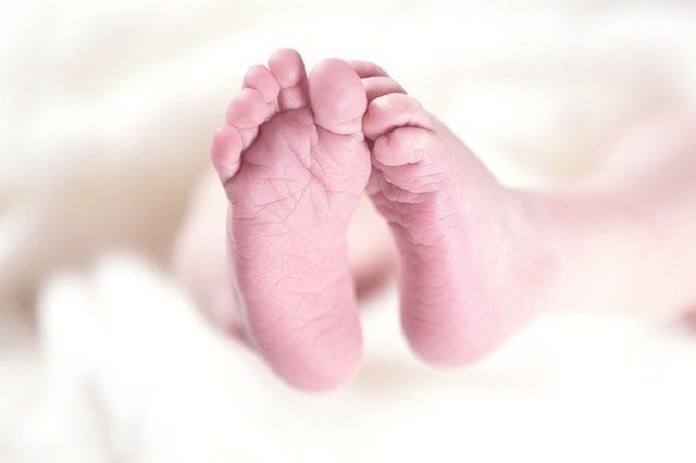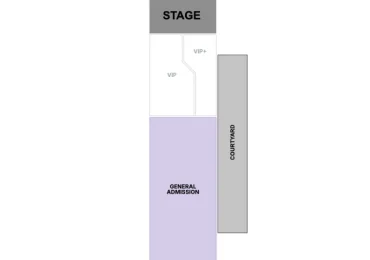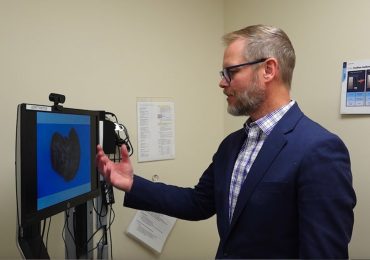
New research investigates whether the mRNA from the COVID-19 vaccines can be passed on to infants through breastmilk.
The development and administration of SARS-CoV-2 vaccines is helping to reduce transmission of COVID-19, and these vaccines have been an integral part of combating the global COVID-19 pandemic. The first approved SARS-CoV-2 vaccines were mRNA vaccines, which use mRNA from the SARS-CoV-2 spike protein to train the immune system to recognize and attack the pathogen without the risk of COVID-19 infection.1
The two mRNA vaccines that are currently approved for COVID-19 are BNT162b2 (Pfizer-BioNTech) and mRNA-1273 (Moderna). Current research suggests that both vaccines are highly effective in preventing COVID-19; the BNT162b2 has an effectiveness rate of 95%, and the mRNA-1273 vaccine has an effectiveness rate of 94.1%.2,3,4,5 The studies of these vaccines also suggest that they both have an excellent safety profile and pose a low risk of serious adverse effects.4,5
Are mRNA vaccines safe for women who are breastfeeding?
Lactating women, or women who are breastfeeding, are eligible to receive both Pfizer and Moderna vaccines, and the World Health Organization (WHO) recommends the use of these vaccines in lactating women.2,3 This recommendation is also supported by other major health organizations, including the Academy of Breastfeeding Medicine and the Centers for Disease Control and Prevention, who state that there is not a significant plausible risk of the vaccine altering breastmilk or tissues.6,7
This recommendation is based on a few facts about the mRNA vaccine; the mRNA vaccine doesn’t contain the live virus, the mRNA molecules do not alter the DNA inside the nucleus, and the mRNA is broken down fairly quickly inside the body.2,3
Studies on pregnant animals did not report any safety concerns for either the mothers or babies.7 However, since there are ethical concerns surrounding the participation of pregnant and lactating women in any clinical trial due to the potential risk of maternal or fetal health concerns, no data from clinical trials is currently available on the safety profile of the mRNA vaccine in lactating women.
Is the mRNA from vaccines found in breastmilk?
One study was designed to gain insight on whether parts of the mRNA vaccine were detected in human breastmilk after vaccination.8
Researchers collected 13 milk samples from seven breastfeeding mothers up to 48 hours after they were all vaccinated. The average age of the participants was 37.8 years, and the ages of their children varied from one month to three years.8 Samples were immediately frozen for preservation, and the samples underwent polymerase chain reaction (PCR) testing for the mRNA types used in the Pfizer and Moderna vaccines.8 The test results were analyzed and compared with milk samples from four of the participants before they received the vaccine in order to serve as a comparison group.8
The study did not report detecting mRNA from the vaccines in any of the samples.8 This suggests that for this group, mRNA from the vaccines was not transmitted to the breastmilk or the infants.
It is important to note that this study was done on a small sample size, which could limit the generalizability of the results. More research is needed on larger populations to determine whether vaccine-associated mRNA could be passed on through breastmilk.
References:
- Centers for Disease Control and Prevention (2021 May 27). Types of Vaccines Available. U.S. Department of Health and Human Services. Accessed 2021, July 21, from https://www.cdc.gov/coronavirus/2019-ncov/vaccines/different-vaccines.html
- World Health Organization (2021, June 15). Interim Recommendations for use of the Pfizer-BioNTech COVID-19 Vaccine, BNT162b2, under Emergency Use Listing. World Health Organization. Accessed 2021, July 21, from https://www.who.int/publications/i/item/WHO-2019-nCoV-vaccines-SAGE_recommendation-BNT162b2-2021.1
- World Health Organization (2021, June 15). Interim Recommendations for use of the Moderna mRNA-1273 vaccine against COVID-19. World Health Organization. Accessed 2021, July 21, from https://www.who.int/publications/i/item/interim-recommendations-for-use-of-the-moderna-mrna-1273-vaccine-against-covid-19
- Polack, F.P., Thomas, S.J., Kitchin, N., et al (2020, December 31). Safety and Efficacy of the BNT162b2 mRNA Covid-19 Vaccine. N Engl J Med 383: 2603-2615. Doi: 10.1056/NEJMoa2034577.
- Baden, L.R., El Sahly, H.M., Essink, B., et al (2021, February 4). Efficacy and Safety of the mRNA-1273 SARS-CoV-2 Vaccine. N Engl J Med 384: 403-416. Doi: 10.1056/NEJMoa2035389
- Academy of Breastfeeding Medicine (2020, December 14). Considerations for COVID-19 Vaccination in Lactation. Academy of Breastfeeding Medicine; Chicago, U.S.A. Accessed 2021, July 21, from https://abm.memberclicks.net/abm-statement-considerations-for-covid-19-vaccination-in-lactation
- Image by Rainer Maiores from Pixabay








